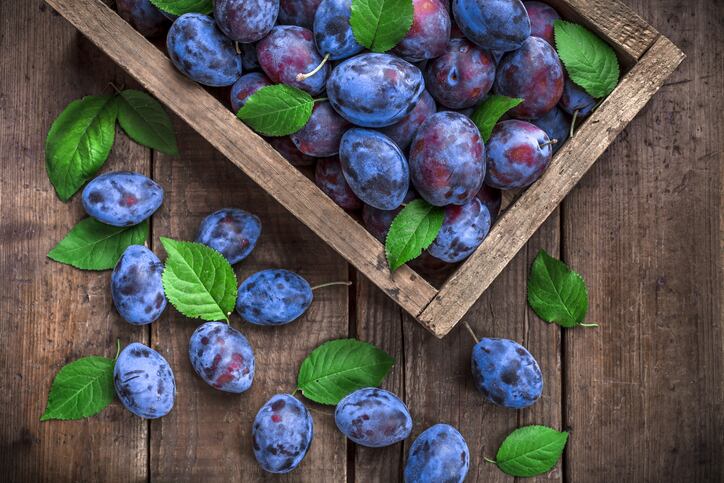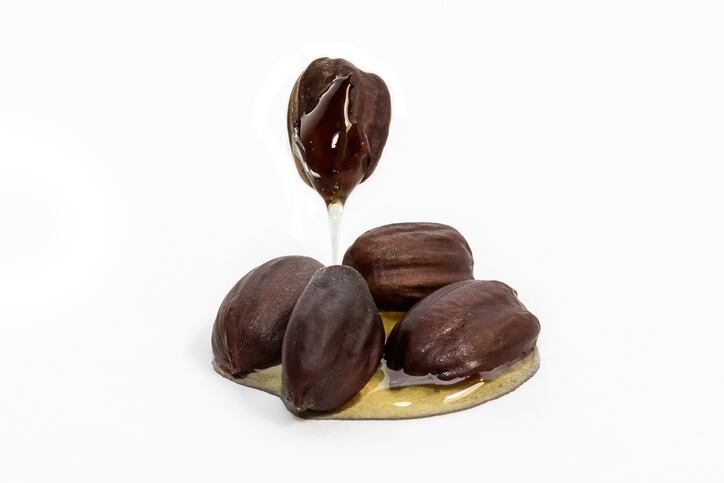A powerful emollient, plum kernel oil was valued for its fast skin penetration and could be used in a wide range of personal care and cosmetic products, including moisturisers, anti-ageing treatments, body lotions, even hair care serums and leave-in conditioners.
“Essentially, any product that needs to lock in moisture can benefit from plum kernel oil,” said Simon Corner, sales and marketing director at Kerfoot Group – a UK-based bulk, refined a specialty oils supplier.
“As plant-based oils continue to see surging use in personal care, plum kernel oil is carving out a niche of its own, and the potential is making formulators sit up and take note,” Corner told CosmeticsDesign-Europe.
This was because the oil – made from cold-pressing Ente plums – perfectly balanced performance, consumer appeal and sustainability, he said. It was naturally high in oleic acid, which was important for moisturising; rich in vitamin A and E – two antioxidants “really resonating with consumers today”; and had a great backstory because it was a “zero-waste” ingredient, he said.
Zero-waste a ‘powerful sustainable narrative’
Corner said this latter part was particularly important and timely given the post-pandemic beauty market was set to push sustainability back into the spotlight.
To make the oil, he said Kerfoot worked with the local agri-food industry to reclaim plums that would have ended up in landfill, giving the fruit “a second life”. Each part of the plum was then used or up-cycled, from harvest to refining, he said – “none of it goes to waste”.
And this was a story beauty and personal care brands should look to share with consumers, Corner said.
“Time and again we see consumers sending a clear signal to brands in personal care, and in fact across the wider FMCG spectrum. A survey by Accenture found that more than 80% of consumers felt it was important for brands to develop environmentally-friendly products – just one example study of many.”
Corner said, importantly, this “collective drive” towards sustainably focused ingredients showed “no sign of slowing down”.
“…It’s the perfect time to explore the plant-based oils that can offer the ideal blend of performance and sustainability.”
‘Provenance and authenticity’ will be important
Corner said Kerfoot expected to see a real up real upswing in mainstream use of plum kernel oil, shifting away from artisanal use into commercial formulations.
However, he said it would be important beauty and personal care brands looking to work with the oil ensured “provenance and authenticity, in order to maximise the lifetime marketing value of the ingredient”.
Consumers were looking for transparency in their beauty and personal care products as well, he said, so the supply chain had to be robust.




